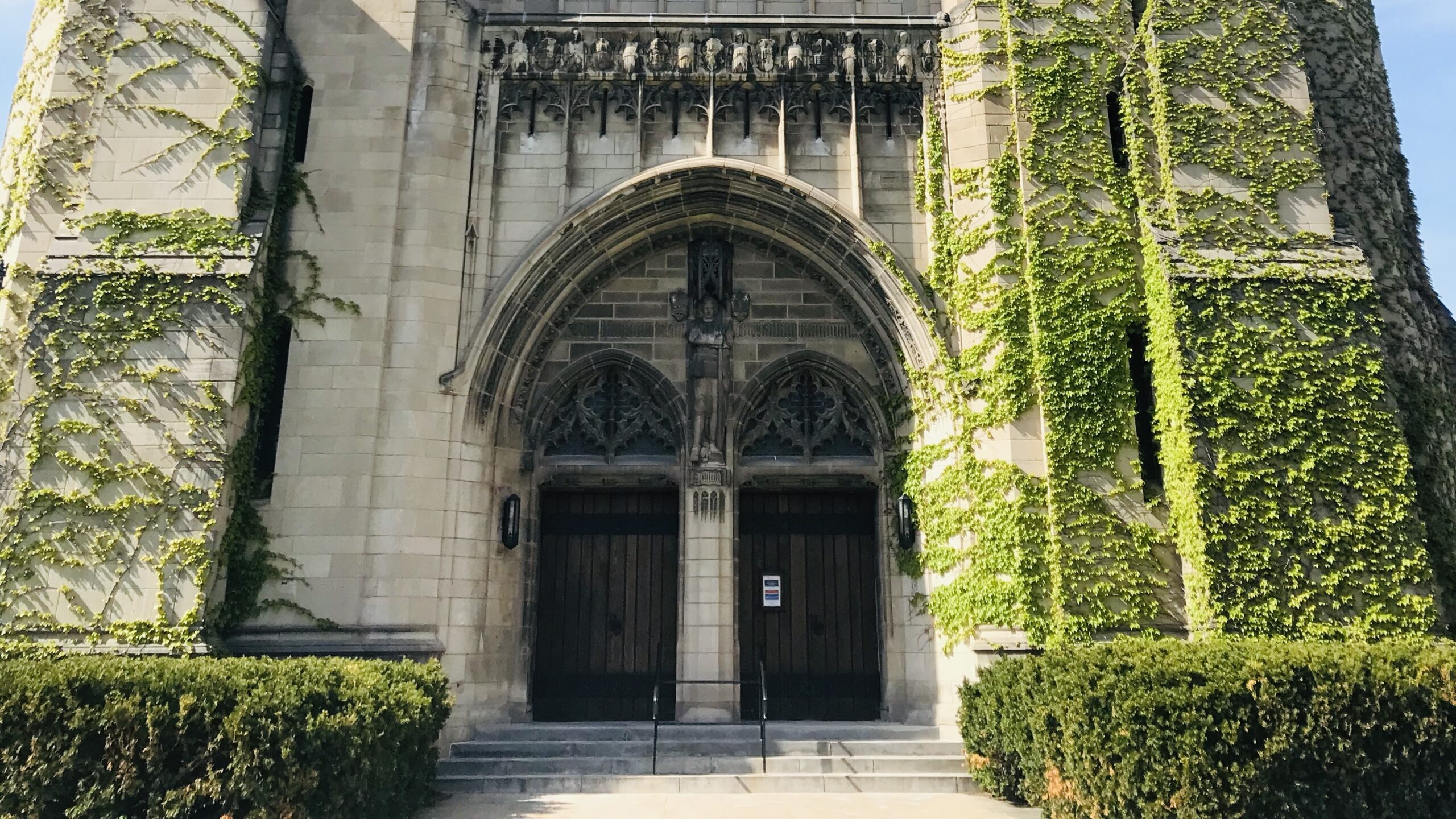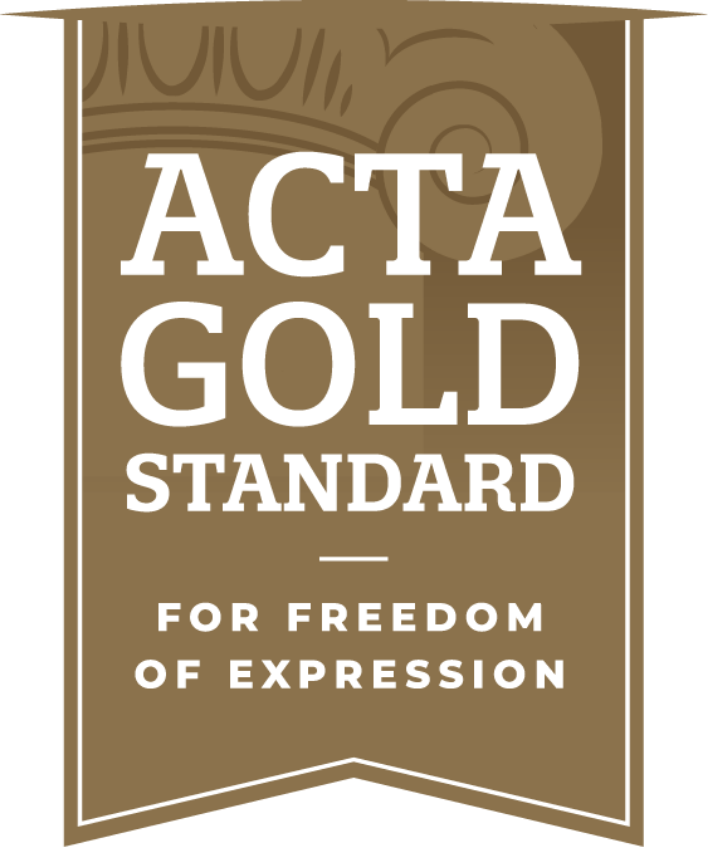
The Chicago Principles
The Chicago Principles articulate the importance of free expression as an essential feature of the university.


Free expression is the necessary precondition for the unfettered search for truth on the college campus.
Learn how to build a culture of free expression at your institution through ACTA’s Campus Freedom Initiative™.
See why this matters and how you can be part of the solution.
ACTA encourages all colleges and universities in America to take the actions listed in our Gold Standard for Freedom of Expression. In our campus campaigns, we analyze the policies and practices of specific schools using the Gold Standard and recommend next steps they should take to better support a culture of free expression and intellectual diversity on their campuses.
Below are actions you can take to build a culture of free expression on your campus.





Launched in 1995, we are the only organization that works with alumni, donors, trustees, and education leaders across the United States to support liberal arts education, uphold high academic standards, safeguard the free exchange of ideas on campus, and ensure that the next generation receives an intellectually rich, high-quality college education at an affordable price.
Discover MoreSign up to receive updates on the most pressing issues facing our college campuses.